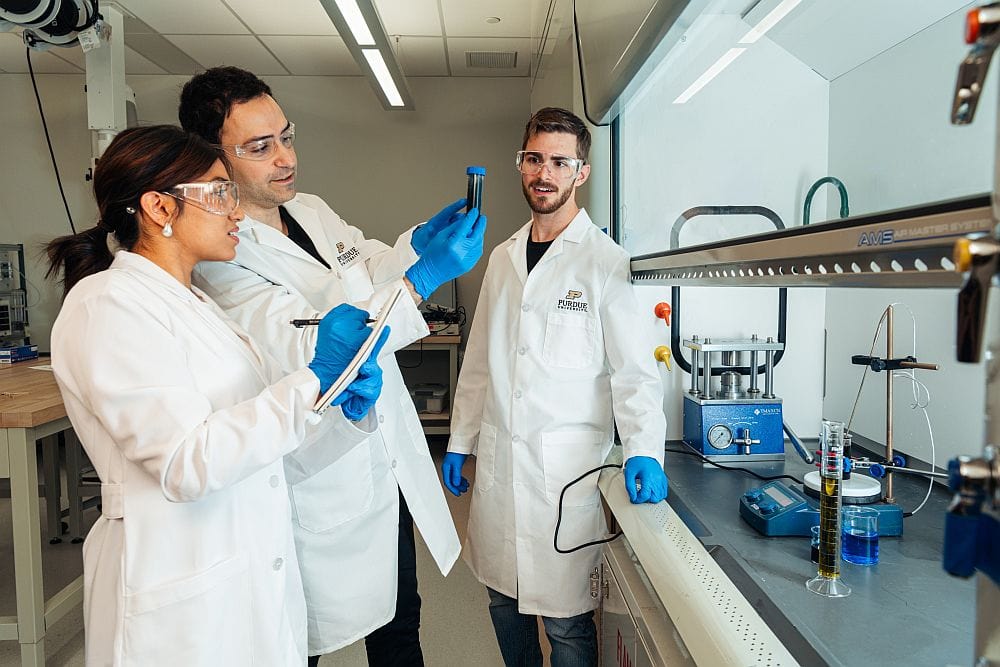
[Image above] N*Gen is a new children science show produced in Uganda that focuses on African perspectives, locations, and scientific discoveries. Credit: NgenTVAfrica, YouTube
What do you imagine when I tell you to picture a scientist? The majority of people will likely picture a man, but for elementary school children, the possibility they will picture a woman is slowly becoming more likely.
“From the 1980s onwards, on average, 28 percent of children drew female scientists, compared to 0.6 percent in Chambers’s original study,” explains an article on The Atlantic. The finding comes from a recent study that analyzed five decades’ worth of data from “Draw-a-Scientist” studies, which ask children to draw a scientist in order to understand how children perceive scientists.
The finding makes sense considering that, since the 1960s, female representation in science has substantially increased. However, the tendency to fall back into gender stereotypes increases as children age.
“At age 6, girls draw 70 percent of scientists as women, but this proportion flips around ages 10 to 11 and by 16, they draw around 75 percent of scientists as men,” The Atlantic article continues.
The focus on the classic “Draw-a-Scientist” study and what is says about gender representation in science is definitely important, but the focus can cause us to overlook another stereotype about science that isn’t talked about as often—race.
“Across the various Draw-a-Scientist studies, around 79 percent of the illustrated scientists were white, which again could reflect the relative lack of people of color in various fields,” The Atlantic article states. (Though this result is difficult to interpret because it’s harder to assign race to a child’s drawing.)
Since the Europe-based Scientific Revolution of the 16th and 17th centuries, science is overwhelmingly viewed through a Western and white perspective. Technological and scientific achievements from the Islamic Golden Age (8–13th centuries) and the Golden Age of China (7–13th centuries) tend to be overlooked or forgotten, and indigenous traditional knowledge often is mocked and undervalued—though, fortunately, that standard is changing.
The prevalence of white scientists in media is especially evident in traditional children science shows, such as Bill Nye and The Magic School Bus, which feature white leads and largely white casts. Though some newer shows do better in showcasing diversity, such as SciGirls, the need to increase diversity in children science shows remains a pressing challenge.
Which brings us to N*Gen, a new television series that first aired on Ugandan TV in September 2020.
N*Gen, pronounced “engine,” is short for Next Generation Television. It is a children science show that targets children ages 8 to 12, and it looks at science through an African lens by focusing on African perspectives, locations, and scientific discoveries—something African television networks appreciate.
“[The U.S. program SciGirls is] a lovely program, but it’s certainly not shot here. It is in some cases dealing with subjects that are not going to resonate here [like designing shoes to walk on ice],” says Jeff Schon, CEO and co-founder of Akili Kids!, a children’s learning channel based in Kenya, in an NPR article.
In contrast, N*Gen will cover topics specific to Africa. For example, the episode “Bones” has a segment on the fossil Turkana Boy, whose bones are housed at the Kenya National Museum. “The segment featured a paleontologist from the museum and the program did a great job of presenting him as a role model and inspiration for future generations of scientists,” Schon says.
Six teachers from Clarke Junior School in Kampala, Uganda, partnered with East African nonprofit Peripheral Vision International to produce the show. In addition to the Africa focus, the teachers made sure women are featured heavily on the show, from the two main presenters to the guest scientists.
“Society expects little from girls and women,” says Irene Nyangoma Mugadu, Clarke Junior School teacher and one of the main N*Gen presenters. “Girls need to be empowered to reach their full potential academically and explore disciplines that are mainly pursued by boys.”
The show currently consists of a dozen 35-minute episodes. However, the cast and producers began scripting a second N*Gen series in January, which will focus on climate change-related issues.
As of this month, N*Gen is no longer shown only in Africa. On February 6, N*Gen debuted in North America and the Caribbean on The Africa Channel, airing every Saturday and Sunday at 6 a.m. and 9 a.m. Eastern.
See the trailer for N*Gen below, as well as a clip from the upcoming episode on mountains, which airs in the U.S. on February 27.

Credit: NgenTVAfrica, YouTube

Credit: NgenTVAfrica, YouTube
Author
Lisa McDonald
CTT Categories
- Education


